Arctic Science Summit Week 2024
Edinburgh hosted the Arctic Science Summit Week (ASSW) during 21-29 March 2024, welcoming over 800 delegates to share knowledge and collaborate on Arctic research and policy.

Over nine days, ASSW provided a vehicle for Science and Indigenous communities to bring together their research and knowledge into cross-cutting activity, to promote system-scale actions and to explore interdisciplinary activity. The programme included a series of annual meetings for organisations, business and community meetings, workshops and working groups, and cultural exhibits, engaging a further 300 remote participants in hybrid sessions.
Hosting ASSW was a great opportunity and a great privilege for Scotland and the University as we welcomed delegates to Edinburgh to share ideas, knowledge and experience, build connections, and learn from each other. Advancing equity, inclusion of diverse voices in Arctic research, and leveraging collective capacity, were key themes across many sessions in both the Arctic Science Summit Week meetings and Arctic Observing Summit.
Safeguarding the Arctic is a priority
During the opening event Dr Sian Henley, Deputy Head of our Global Change Research Institute, emphasised that Safeguarding the Arctic is a global priority.
Citing the rapid changes observed in the Arctic; in sea ice cover, in precipitation, in coastlines, rivers and permafrost to name a few, she noted the significant impact for Indigenous Peoples, as well as on a global scale.
Changes in the Arctic aren’t staying in the Arctic, and changes that are happening globally, also have strong impacts on the Arctic. People there are on the frontline.
Facilitating critical collaboration
Edinburgh, Scotland, and the UK have a proud portfolio of multidisciplinary research in the Arctic. However, Dr Henley added, Our real strength is in our connections and collaborations with colleagues and friends in Arctic nations, Arctic ancestral lands, and other Arctic-interested countries – only through this can we achieve the best outcomes for the Arctic that are so keenly needed. There is a lot of work to do.
From the University of Edinburgh, collaborative contributions to the Arctic research community come from the Schools of Literature Languages and Culture, Social and Political Science, and GeoSciences in the areas of glaciology and permafrost studies, marine environment, human-environment interactions, climate change adaptation, and legal history.
Prioritising indigenous knowledge
Incorporating indigenous knowledge is central to ASSW’s approach to research and decision-making. With indigenous representatives, including the Arctic Council Indigenous Peoples Secretariat, actively participating, the sessions have promoted global inclusion and equity in dialogues and enhanced collaboration with indigenous knowledge holders to ensure that research efforts are culturally sensitive and relevant to local communities.
Coordinating global effort
During ASSW, delegates in working groups shared research, discussed emerging issues, and began discussions which will help identify priorities in the Arctic. This has contributed steps forward in planning global effort within Arctic processes, ecosystems, and their interactions with global systems.
This event was one of the first stepping stones in the major global effort to coordinate the next International Polar Year (IPY) in 2032-33. While we are in the very early stages of planning, it is exciting to see the first phases unfold and begin to think about possible contributions.
Informing policy and decision-making
ASSW provides an opportunity for scientists and policymakers to engage in dialogue and exchange information on key Arctic issues, including climate change, environmental management, resource development, and indigenous rights. By fostering communication between the scientific community and policymakers, ASSW informs evidence-based decision-making and promotes sustainable development in the Arctic region.
The Arctic is known to be warming rapidly, but monitoring the climate of the Arctic requires maintaining observations in sparsely populated regions with harsh conditions and limited infrastructure. A concrete outcome of ASSW 2024 is the final statement from the Arctic Observing Summit on building and strengthening linkages between scientific institutions, operational agencies, and Indigenous and local communities to achieve a more robust, effective, and equitable future for the Arctic."
"An emerging discussion has been the possibility of geoengineering in the Arctic to limit global climate change. Concerns raised at ASSW included equity and unintended consequences of these interventions; we need to refocus the conversation from whether we could to whether we should.
ASSW 2024 is part of a process leading to the next International Conference on Arctic Research Planning in 2025 and the next International Polar Year in 2032-2033, for which coordination of individual contributions by scientists, policymakers and communities is imperative.
Civic and cultural enrichment
- Arts programme – Arctic-inspired performances and an exhibition of photographs and paintings added a unique appeal to the programme, highlighting cultural values and the beauty of the region, and demonstrating the significance ASSW places on going beyond purely science-based understanding. ASSW Volunteer, Emily Gschwind said,
I found this element of the conference very powerful. The inclusion of arts added depth and emotional connection to the scientific research. It also allowed those of us, like myself, who have never been to the Arctic to better understand and appreciate the context of this science.
- Science Day – Public presentations from invited speakers and a panel discussion on widening inclusion centred around the day’s theme ‘Arctic Coasts’ with a keynote delivered by the Chair of the US Arctic Commission. Science Day took place in Our Dynamic Earth venue and was sponsored by the Scottish Government.
- Arctic Observing Summit – The biennial summit brought together perspectives from across national or research boundaries and centred indigenous priorities in the conversations. It brought people together to work on building more resilient, efficient, and equitable observing systems.
- Scotland shares thousands of years of economic and cultural links with the Arctic region.
- This is only the second time that ASSW has been hosted in the UK and the first time in Scotland.
- Of all non-Arctic nations, Scotland has the second-most member universities within the UArctic network - only China has more.
- The UK is ranked 6th for Arctic Science research output and has been a member country of IASC since 1991.
- Scotland is the most northerly non-arctic country; Shetland is closer to the Arctic than it is to London
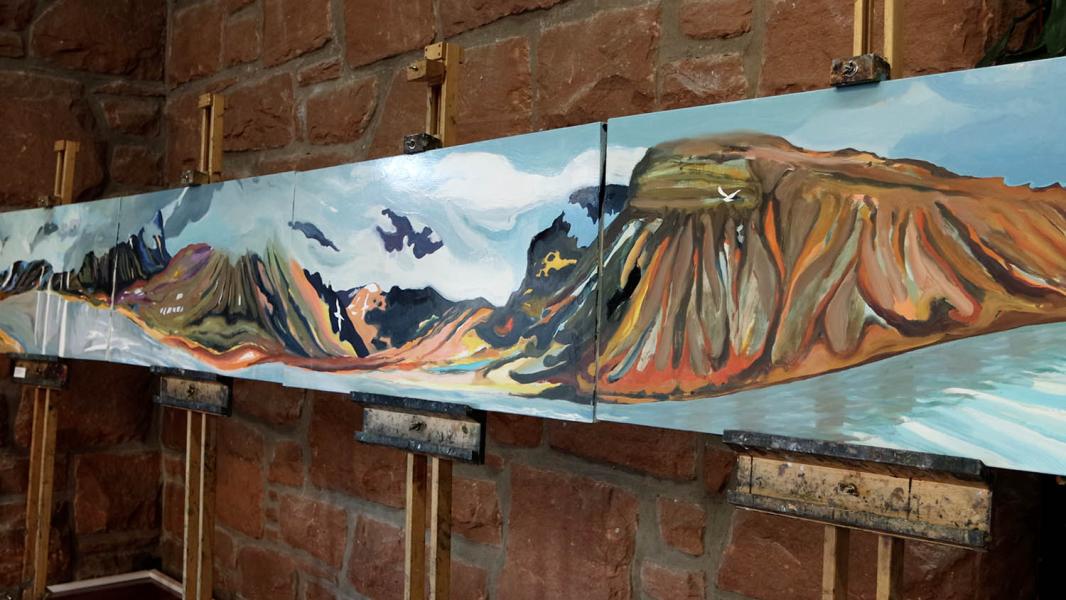 `
` 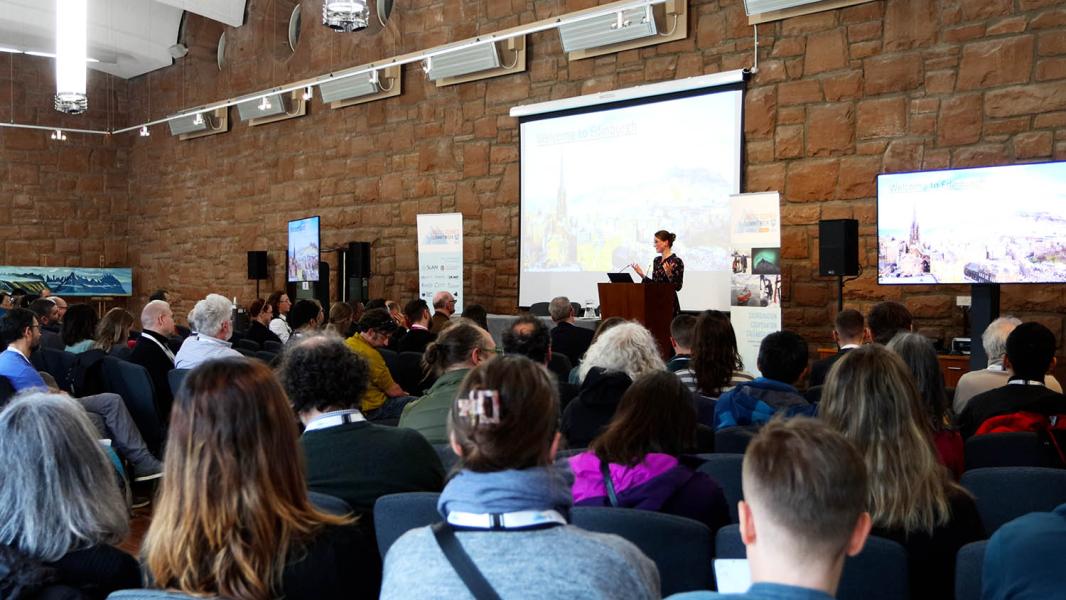 `
` 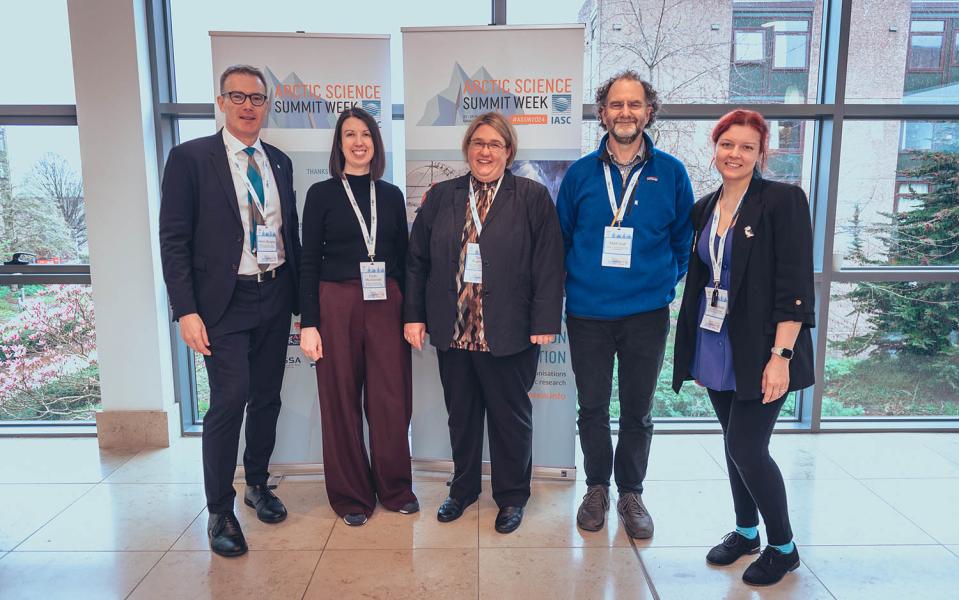 `
` 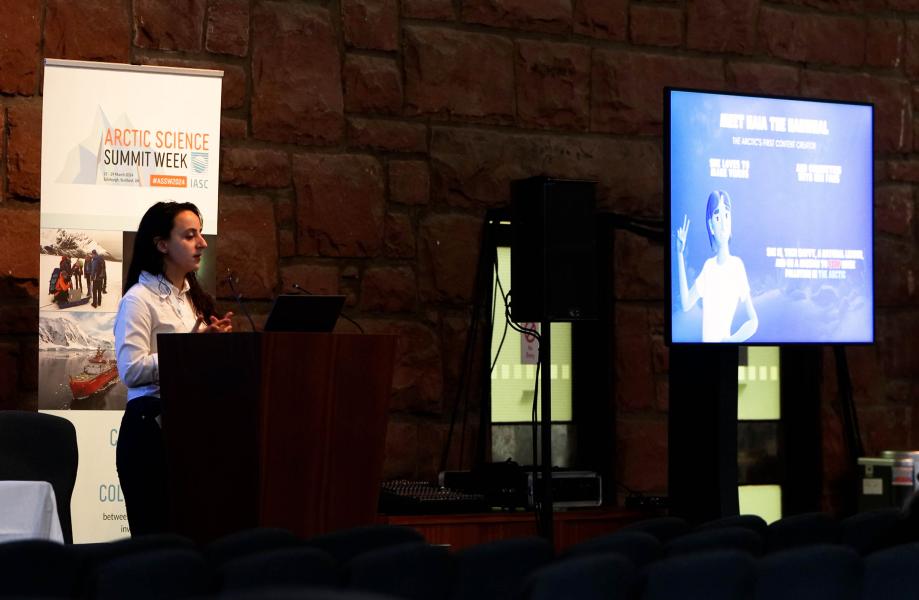 `
` 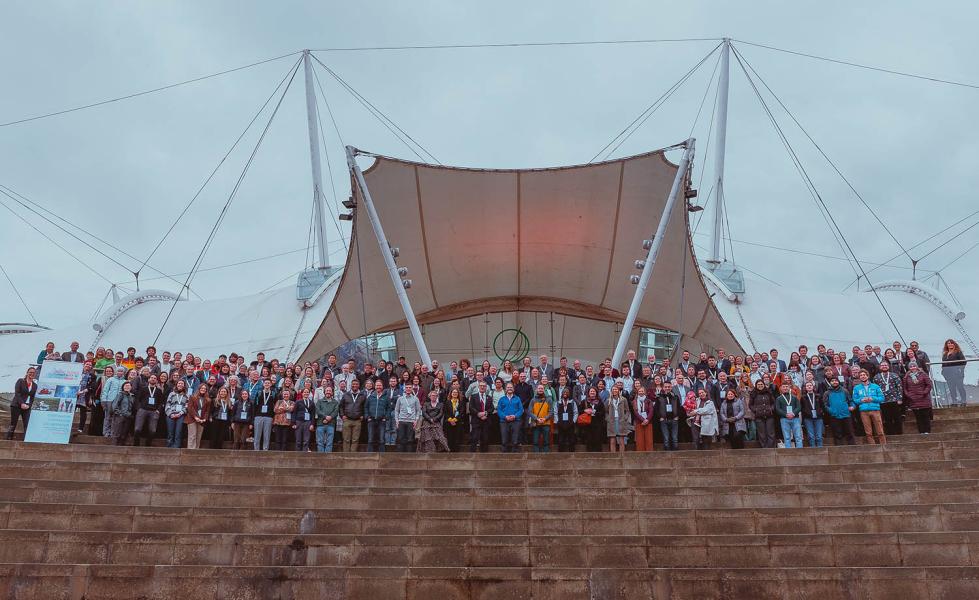 `
` 




“The time is now”
As rapid changes in the Arctic continue, the need for swift and decisive action has never been more pressing. Collaborative efforts fostered through events like the Arctic Science Summit Week are essential for pooling resources, expertise, and innovative solutions to tackle complex environmental and societal issues that pave the way for a sustainable and resilient future for the Arctic and its inhabitants. We must continue to advance in scientific research, policy coordination, and international cooperation to safeguard this unique environment and ensure the long-term well-being of our planet.
Find out more
The next Arctic Science Summit Week will be 21-28 March 2025 in Boulder, Colorado, USA.
International Polar Year 2032-33
International Arctic Science Committee

